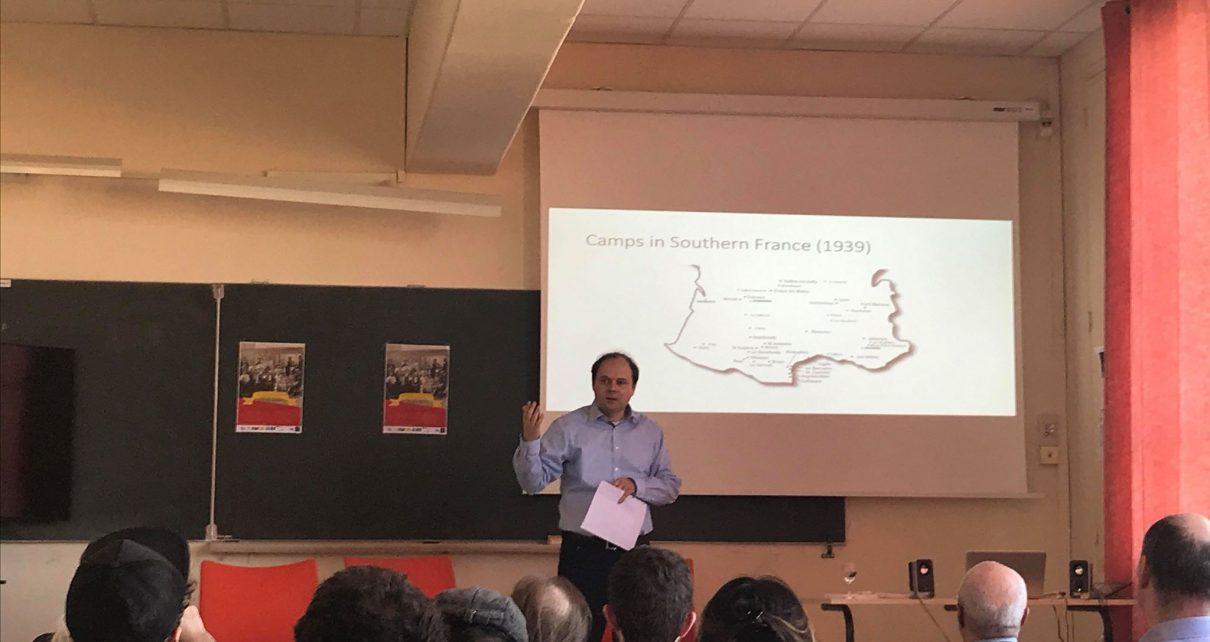The aim of this project is to collaborate with members of the circus community to achieve new knowledge about the impact of WWII – the political climate leading to the war, the war itself and its aftermath – on the fates of Europe’s circus people. These people who not only pursued an itinerant way of life but were also often members of a minority group, constantly experienced exclusion and racism and were subjected to various forms of oppression by the majority population, including state authorities. Nonetheless, circus people often showcased social and ethnic diversity. The project intends to gain new insights through an involvement with this community in three subprojects, which are expected to enable entries into a broad spectrum of circus people’s experiences: 1) The project will in partnership with community members conduct research and create a website where the results will be displayed; 2) organise an international teacher training seminar in Eisenstadt, Austria, with members of the circus community as speakers; 3) in its culmination, an exhibition involving a participatory method will be produced. All of these activities have been regarded as highly suitable for informing a wider audience. The project has received funding from the Austrian Federal Ministry for Education, Arts and Culture and the German foundation for ‘Remembrance, Responsibility and Future’, but needs further funding to be finally implemented.
For centuries, European circuses have been run by minority groups (i.e. Sinti and Roma, Jewish and Yenische), with performers from across the world and of all backgrounds, including people with physical disabilities. As such, circuses constituted a narrow gateway for the acceptance of otherness. With such a perspective, the project is a) re-mapping and re-imaging the cosmopolitan area of circuses. Including a critic of mainstream interpretations, according to which the existence of cosmopolitan areas was denied. During National Socialism some circuses showed moral courage and hid people during roundups, saving lives; in others, the people in travelling circuses were easy targets for the Nazis and later during the war also for their allies. The project aims b) to offer a new general understanding of the living conditions and security strategies of transnational groups and marginalized communities. Thus, the project also addresses current societal issues in Europe. What we presently say with certainty is that marginalized groups are always forced to cultivate and practice ingenuity.


